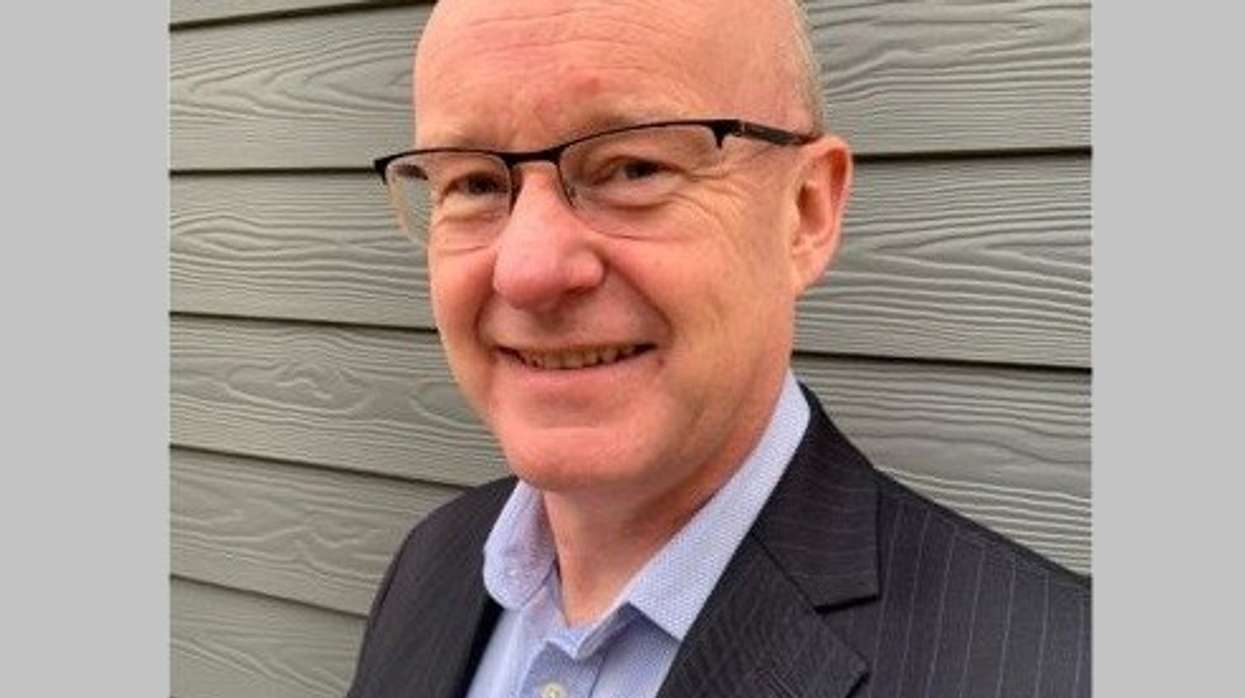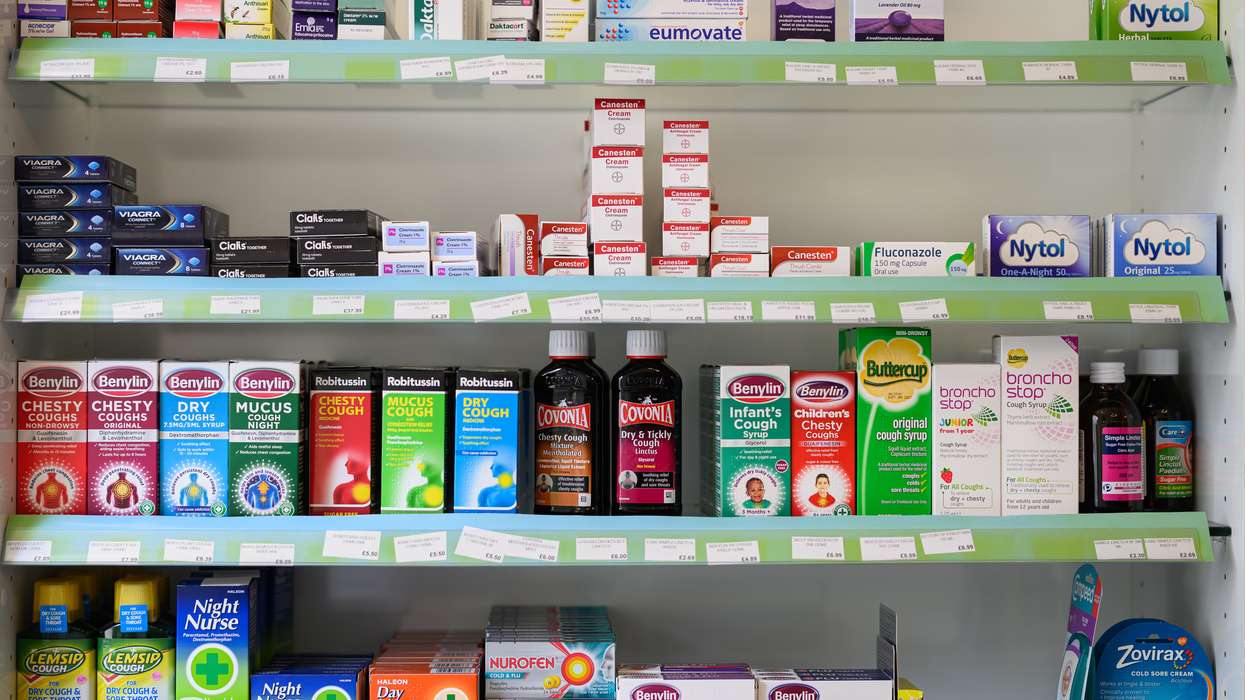The Royal Pharmaceutical Society (RPS) has urged the government to amend medicines legislation to allow pharmacists to make minor amendments to a prescription without any protocol being needed.
RPS wants to see a change in the law that makes the whole process of supply of medicines easier and quicker, enabling pharmacists to use their knowledge and expertise in medicines to better support patients.
“At present a prescription can only be changed by a prescriber, which causes unnecessary workload for GPs and delays for patients,” said RPS.
RPS President Professor Claire Anderson said: “We want to see all pharmacists across the UK able to supply a different quantity, strength or formulation of a medicine (for example changing capsules to tablets) when required, to avoid unnecessary bureaucracy and the need for an SSP to be developed, signed and authorised by a Minister. In effect it would mean that pharmacists can help patients straight away – it would future proof the problem to some degree.
“Such substitutions have been routine practice for pharmacists in hospitals for years and in Scotland. Patients in England and Wales should be able to benefit in the same way.
Reacting to the news that a Serious Shortage Protocol (SSP) was issued by the Department of Health and Social Care (DHSC) to cover three kinds of penicillin solution, Professor Claire said: “We welcome the protocol as a way of addressing supply of penicillin which remains very challenging for patients and pharmacists. Short term stock problems cause a significant increase in workload for frontline pharmacists and their teams, who are working exceptionally hard tracking down the antibiotics in short supply to try and avoid any delay in treatment for patients.
“SSPs exist to help to mitigate the impact of medicine shortages and enable community pharmacists to authorise a supply of a different formulation, strength or quantity of medicine. Whilst this short term measure should help ease the situation, pharmacists report SSPs are bureaucratic and inflexible.
“Patients need timely access to medicines and pharmacists want to be better able to help people manage the supply of their medicines with consistency across the UK. We call on the Government to resolve this issue as soon as possible.”











